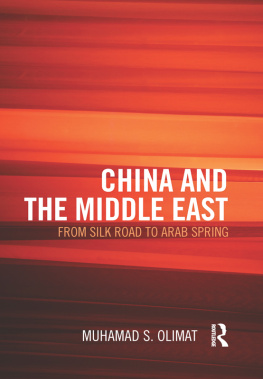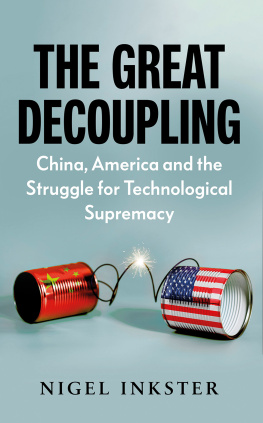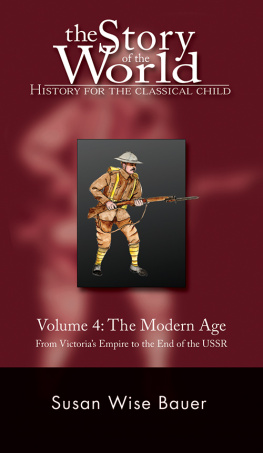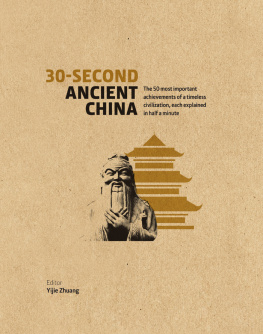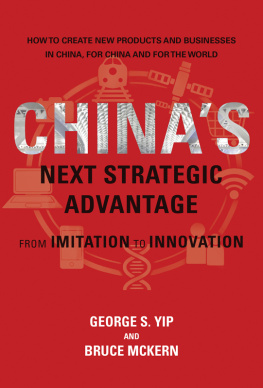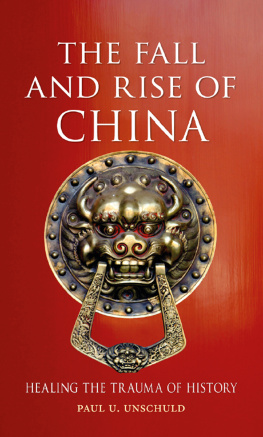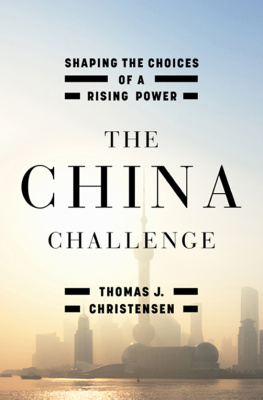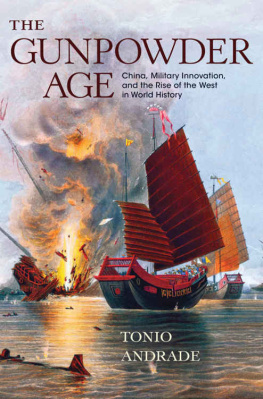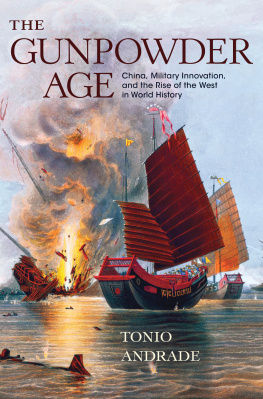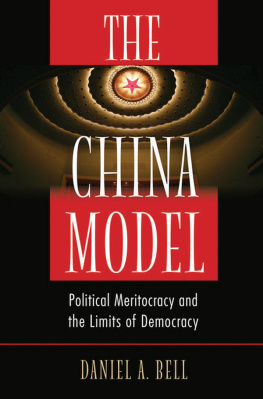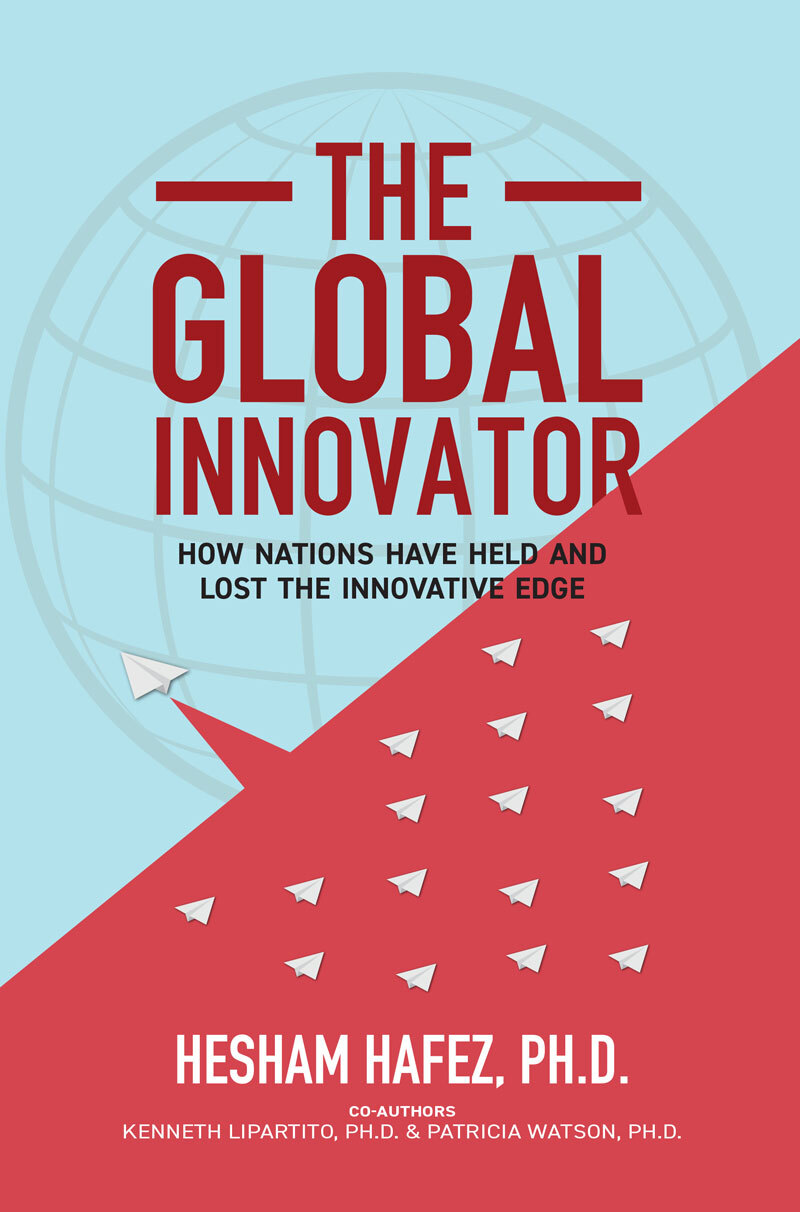Contents
Guide
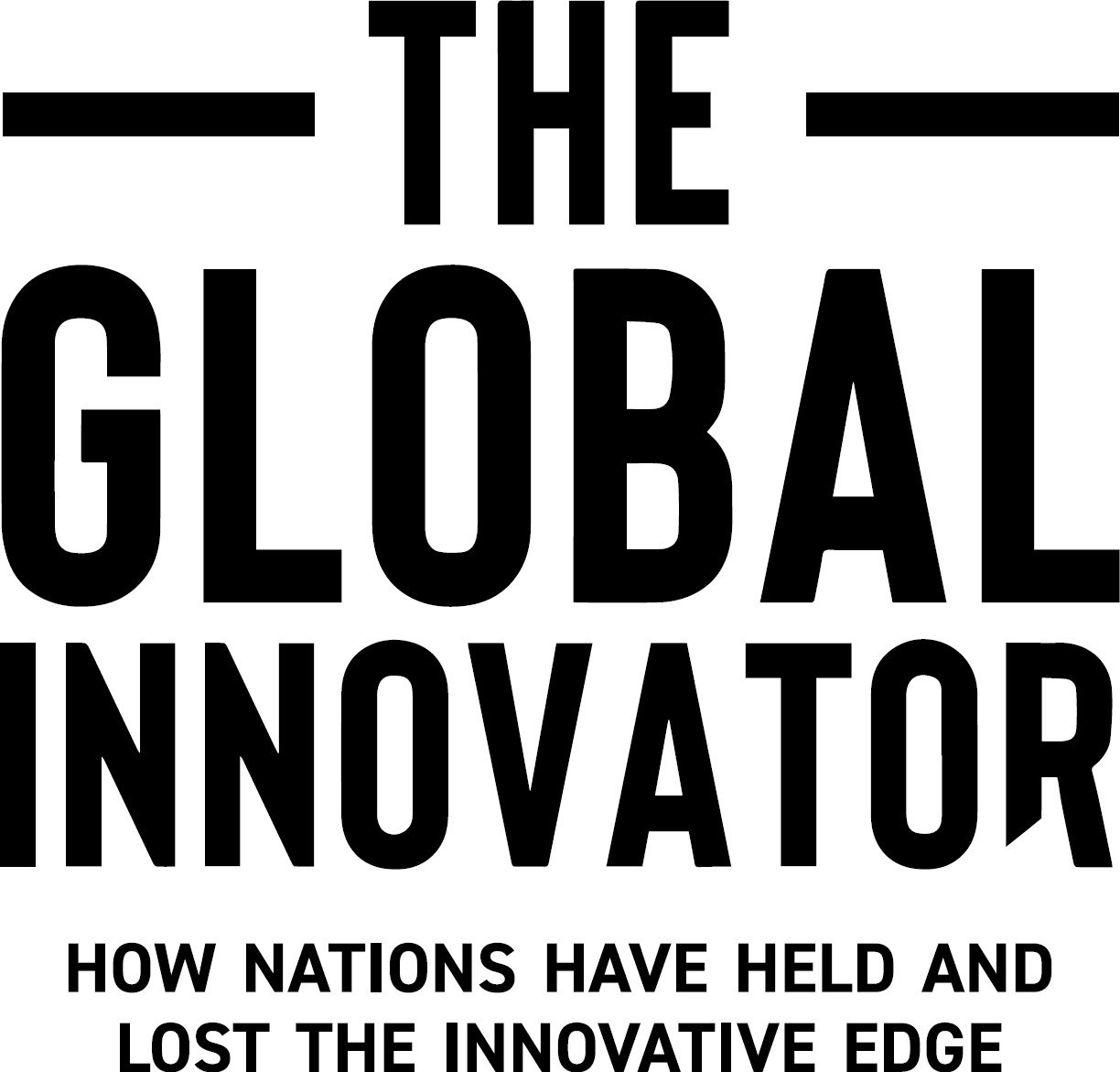
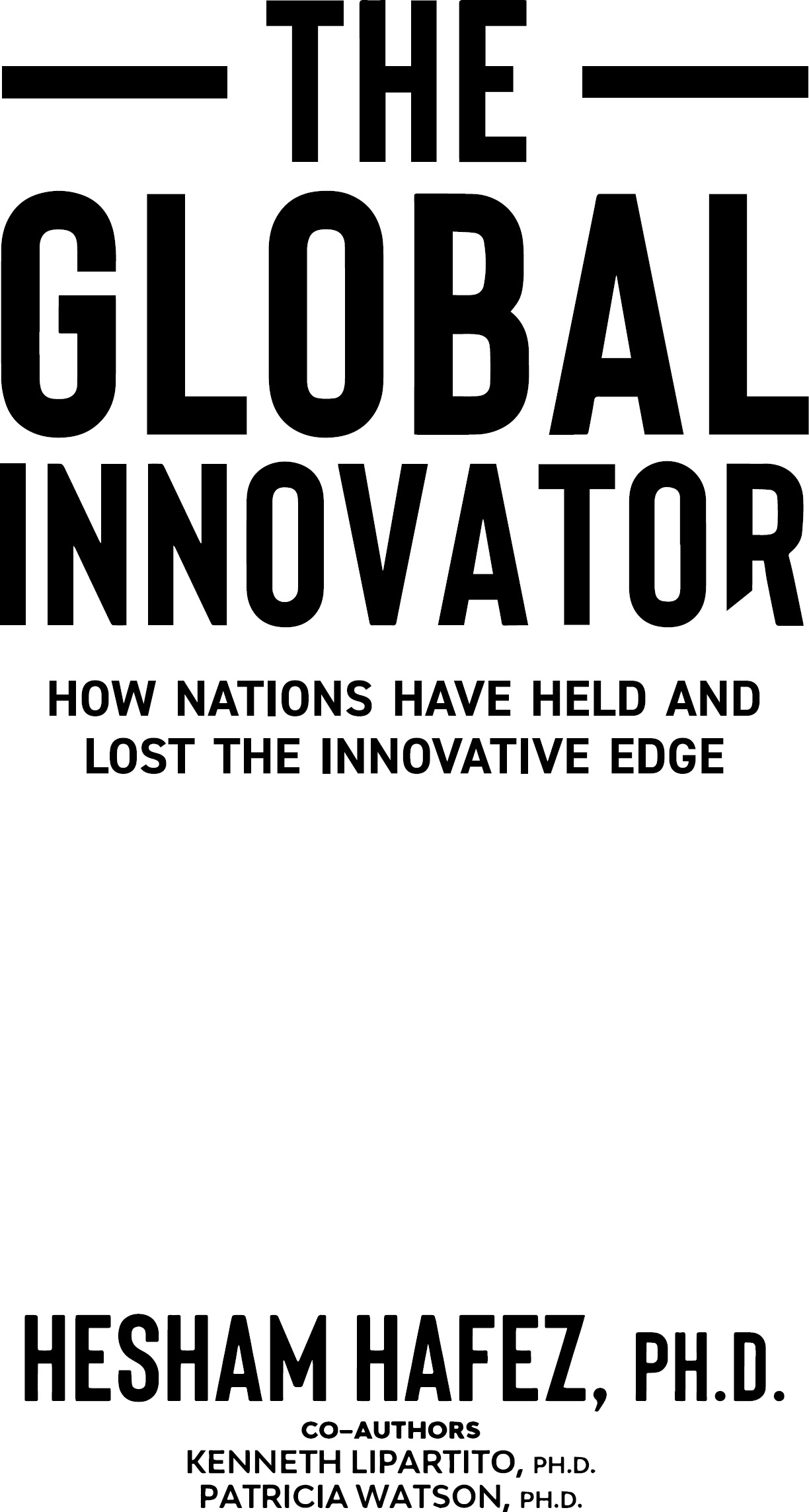
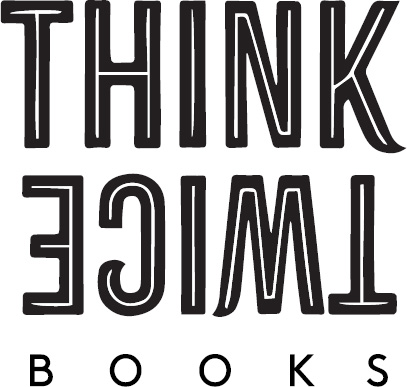
Copyright 2021 by Hesham Hafez, PhD
All rights reserved.
Published in the United States by Ideapress Publishing.
Ideapress Publishing | www.ideapresspublishing.com Cataloging-in-Publication Data is on file with the Library of Congress.
ISBN: 978-1-64687-074-5
Special Sales
ThinkTwice Books are available at a special discount for bulk purchases for sales promotions and premiums, or for use in corporate training programs. Special editions, including personalized covers, a custom foreword, corporate imprints, and bonus content, are also available.
Dedicated to my family and in loving memory of my late parents; my mother, who taught me to be a critical thinker, and my father, who continually pushed me to impart my experience and knowledge, which was the groundwork of the innovation model: observation, critical thinking, execution, and ultimately value creation.
PREFACE

I am a paper trader, and my neighborhood is the world. This makes me part of a long tradition, for humans have travelled, moved, traded, and exchanged goods, practices, and ideas for millennia. This history of movement and connection has been the most important stimulus to a process that I have been studying and trying to implement in my own business for sometime: innovation. Innovation, which is how people make, or fail to make, creative, valuable, beneficial changes to their environments, is something that feeds off of creativity, diversity, and connection. I can tell you from experience that it benefits enormously from a free and open society where people can try out, test, and challenge their beliefs. I know what it is like to be missing those opportunities. I was born and raised in Egypt under the Nasser regime. He had vowed to create a modern egalitarian society, but after his death my country experienced a revival of Islamic fundamentalism. I saw Egypt come under the sway of conservative Muslim clerics and witnessed the growth of extremists who assassinated Anwar Sadat. Now, dont get me wrong. I am a citizen of the world and regardless of race and religion these are my beliefs about how to be an innovator. But I am also a Muslim and I do not believe that religion is always the enemy of innovation. To be an innovator I believe that one must have clear values, the sort of values that are learned in childhood. Faith and religion are the great source of many of our values in the world. And some of the most important innovators have been inspired by a desire to share their values, to make the world a better place. Because thats what innovation is adding value. You cannot add or offer new values to your partner or customer or co-worker if you dont have values to start with.
But those values need a chance to flourish, and to be communicated to people, often those from very dissimilar cultures who view the world quite differently. Travel, trade, and exchange are closely linked to innovation and creativity in my mind, because that is where one gets the chance to test new ideas and draw from and learn from others. Even as a boy I longed to travel the world. And as Ill tell you, I got my wish! I was also something of a handful when I was a child, sometimes too curious and independent for my parents patience. I grew up in a house of learning with parents who were both teachers. They taught me how to be observant, to think critically, and be true to my values. But that also made me question my teachers, even my religious teachers. This attitude, combined with my strong values rooted in education and a desire to see the world, set me on my journey. By the time I was thirteen, I realized I could never speak or think freely in Egypt. It was my home, and it is part of the long history of the Islamic World. At times Islam, like Christianity and Judaism, like Confucianism and Hinduism, has been a great teacher of values, and a great incubator of ideas and inventions. But cultures and societies have risen and fallen when it comes to innovation. And when I was growing up, one of the worlds great seats of learning, science, technology, business, and innovation was Europe. So, I set my sights on studying there, moving to Austria for education. My ability to learn languages was an enormous asset in Europe. I already spoke English and quickly picked up German, as well as Spanish and French.
These experiences shaped my view of the world and of business. Here I was, an Egyptian, who grew up in the Islamic world, but who had become educated in Austria, in a new language, in a culture vastly different from what I had experienced as a boy. These experiences convinced me that to be creative and innovative, one must be able to deal with a variety of people and values. It is an important way to widen ones creative scope. If your experiences are too limited or narrow, if you are not open to seeing the world through the eyes of others, you will find it very hard to be innovative. And by that I mean not simply doing what others are already doing, even if better. I mean doing something new, something that no one had thought to do before. Thats hard work, and you will need as wide a scope and imagination as you can get.
Over my life I have travelled, worked, studied, and lived in many places in Europe, in the Middle East, Asia, and the United States. These experiences not only shaped my view of the world and of business, they also taught me something else. It is vital to learn about other people and their ways if one wants to remain sharp, creative, and innovative in business. Sometimes even the humblest of interactions with others has something to teach you. For all my globetrotting the way I learned to read people and interact with them came from the work I did as a student studying in Austria. To earn money and learn the language, I worked as a waiter in a restaurant and disco club during my student years. My advice is never to be too full of yourself to take such work. The hospitality business is the best training ground for learning about people, which is a critical part of doing good business.
Later, I moved for a time to still another new world, the United States, where I studied at the Harvard Business School. Here I was first introduced to this idea of innovation by my professors. At first, I couldnt understand why they were teaching us about innovation; I didnt have any idea what it was at that point in my life. But soon I started to learn about the differences between revolutionary and evolutionary innovation, the ways that innovators came up with their ideas, and the work they did to execute them. I got really hooked. I began to think about the circumstances that engendered innovation throughout different cultures, throughout time. I read histories about the regions where I was doing business, and learned about the extraordinary advances made in ancient China and in the Islamic empire during the Middle Ages, the Renaissance in Europe, and the great Industrial Revolution that emerged in Great Britain and then in the United States. What factors coalesced to trigger such an intense flourishing of culture and innovation in these societies? It seemed that they shared many similar policies and practices such as the promotion of immigration, an openness to other cultures, stable governments that supported business and contributed to new technology, a widespread educational system, strong and creative financial institutions open to funding entrepreneurial endeavors, and varying degrees of freedom of religion and thought. It seemed that my own experiences with different parts of the world fit the patterns and models of how innovation can work, and where it could break down.


